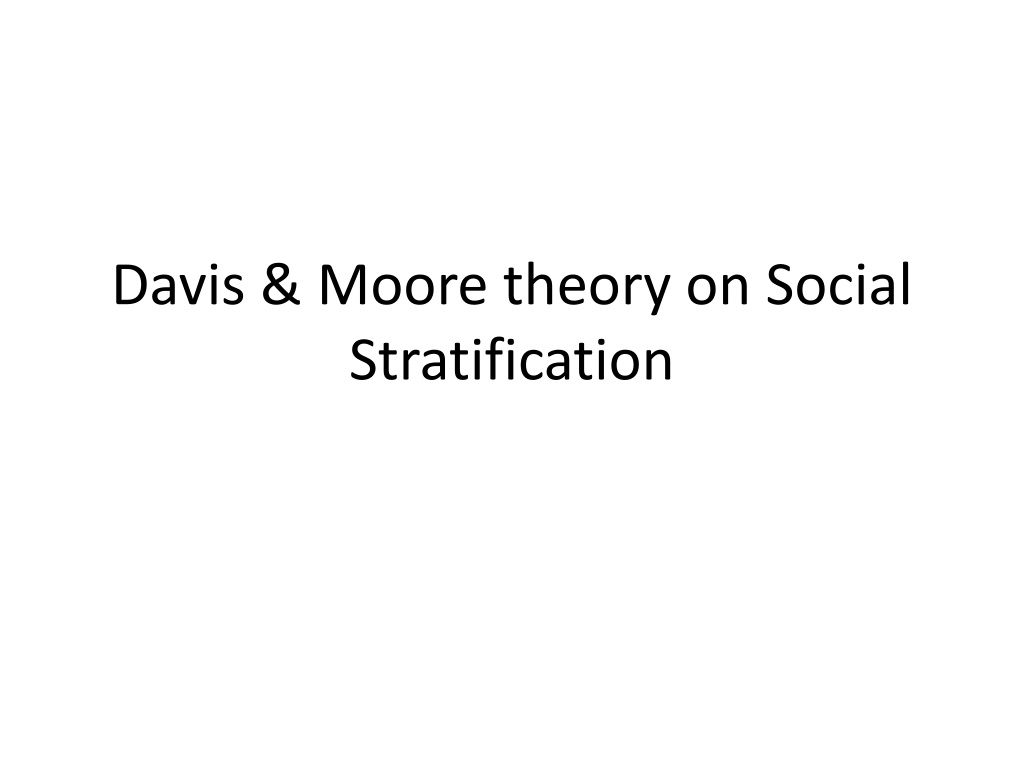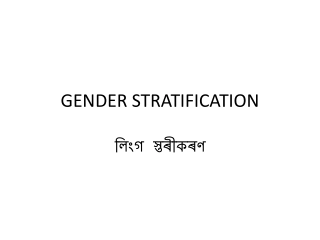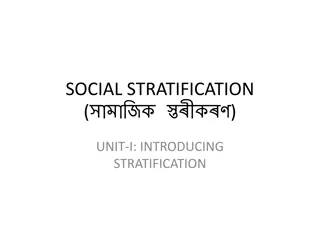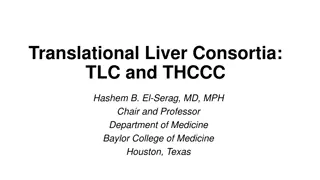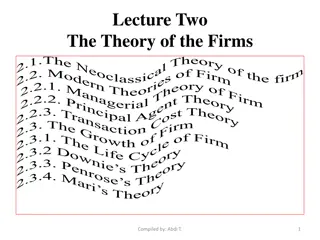Davis & Moore Theory on Social Stratification
The Davis-Moore theory argues that social inequality is necessary as it motivates talented individuals to fulfill crucial roles in society. They believed in meritocracy and unequal rewards to incentivize individuals to pursue important roles. The theory emphasizes that society rewards talent and hard work with monetary compensation and social status.
Download Presentation

Please find below an Image/Link to download the presentation.
The content on the website is provided AS IS for your information and personal use only. It may not be sold, licensed, or shared on other websites without obtaining consent from the author.If you encounter any issues during the download, it is possible that the publisher has removed the file from their server.
You are allowed to download the files provided on this website for personal or commercial use, subject to the condition that they are used lawfully. All files are the property of their respective owners.
The content on the website is provided AS IS for your information and personal use only. It may not be sold, licensed, or shared on other websites without obtaining consent from the author.
E N D
Presentation Transcript
Davis & Moore theory on Social Stratification
Introduction The Davis-Moore theory was developed by Kingsley Davis and Wilbert E. Moore during their time at Princeton University. The paper it appeared in, Some Principles of Stratification, was published in 1945. The Davis-Moore Theory of Stratification is a theory that argues that social inequality and stratification are inevitable in every society, as they perform a beneficial function for society. - , It states that the role of social inequality is to motivate the most talented individuals to fulfill the most necessary and complex tasks in wider society. They claimed that stratification was inevitable across all societies because of a motivational problem .
Role allocation( ) They argued that certain roles in society were more important than others. For these crucial roles to be fulfilled in the best possible way, society needs to attract the most talented and qualified people for these jobs. These people had to be naturally gifted in their tasks, and they had to complete extensive training for the roles. , Their natural talent and hard work should be rewarded by monetary rewards (represented through their salaries) and by social status (represented in their social standing). ( ) ( )
Meritocracy Davis and Moore believed that all individuals had the same opportunities to exploit their talent, work hard, gain qualifications and end up in high-paying, high status positions. , , , They believed that education and wider society were both meritocratic. The hierarchy that would inevitably result from the differentiation between more important and less important jobs was based on merit rather than anything else, according to functionalists. , ,
Unequal rewards ( ) Davis and Moore highlighted the significance of unequal rewards. If one can get paid just as much for a position where one does not need extensive training and physical or mental effort, everyone would opt for those jobs and no one would voluntarily undergo training and choose the more difficult options. , They argue that by putting higher rewards on more important jobs, ambitious individuals compete and thus motivate each other to get better skills and knowledge. As a result of this competition, society would end up with the best experts in every field.
Continued. For Example: A heart surgeon is an example of a very crucial job. One must undergo extensive training and work hard at the position to fulfil it well. As a result, it must be awarded high rewards, money and prestige. , On the other hand, a cashier - while important - is not a position that requires great talent and training to fulfill. As a result, it comes with lower social status and monetary reward. , - -
Education Davis and Moore believed that social stratification, role allocation and meritocracy start in education. , According to functionalists, educational institutions reflect what is happening in wider society. This happens in several ways: : It is normal and common to separate students according to their talents and interests - Pupils have to prove their worth through tests and exams to be allocated to the best ability groups. - It is also shown that the longer one stays in education, the more likely it is that they end up in higher paying, more prestigious jobs. ,
Criticism() One of the biggest criticisms of Davis and Moore targets their idea of meritocracy. Marxist sociologists argue that meritocracy in both education and wider society is a myth. People have different life chances and opportunities open to them depending on which class, ethnicity and gender they belong to. , Example: many pupils from ethnic minority backgrounds, who struggle to conform to the White culture and values of most Western educational institutions. : - , Another criticism of the Davis-Moore hypothesis is that in real life, quite often, less important jobs get much higher rewards than essential positions. - The fact that many football players and pop singers earn much more than nurses and teachers, is not sufficiently explained by the functionalists theory.
